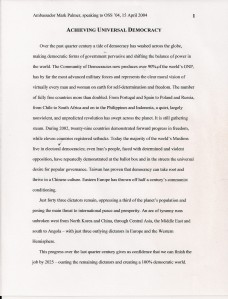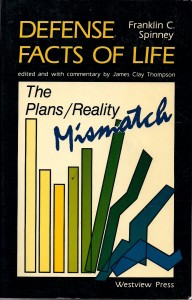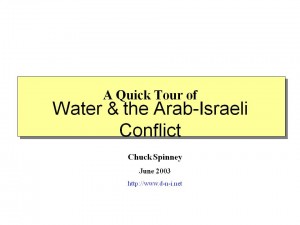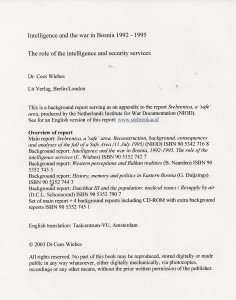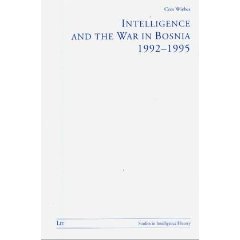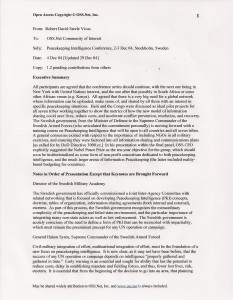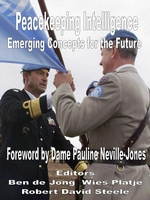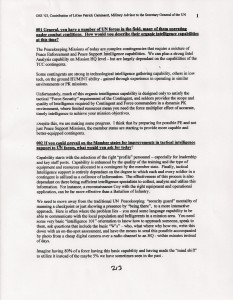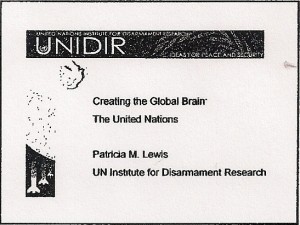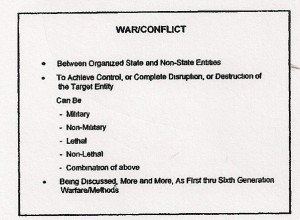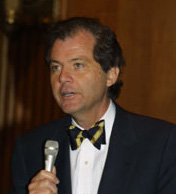
Ambassador Mark Palmer is one of the most thoughtful, focused, practical, and hence impressive professional diplomats we have ever encountered. His book, Defeating the Real Axis of Evil, made a profound impression on all of us thinking about how to create a prosperous world at peace, and was the final nail in the coffin of U.S. foreign policy–no foreign policy that relies on supporting 42 of 44 dictators can possibly have morality, legitimacy, reciprocity, or transparency, all vital attributes if we are to nuture humanity toward clarity, diversity, integrity, and sustainability. Our review of the below book is entitled: Single Most Important Work of the Century for American Moral Diplomacy, and was posted November 30, 2003. We still believe that.
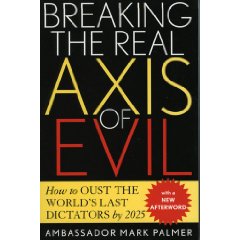
Below is his presentation to OSS '04.
